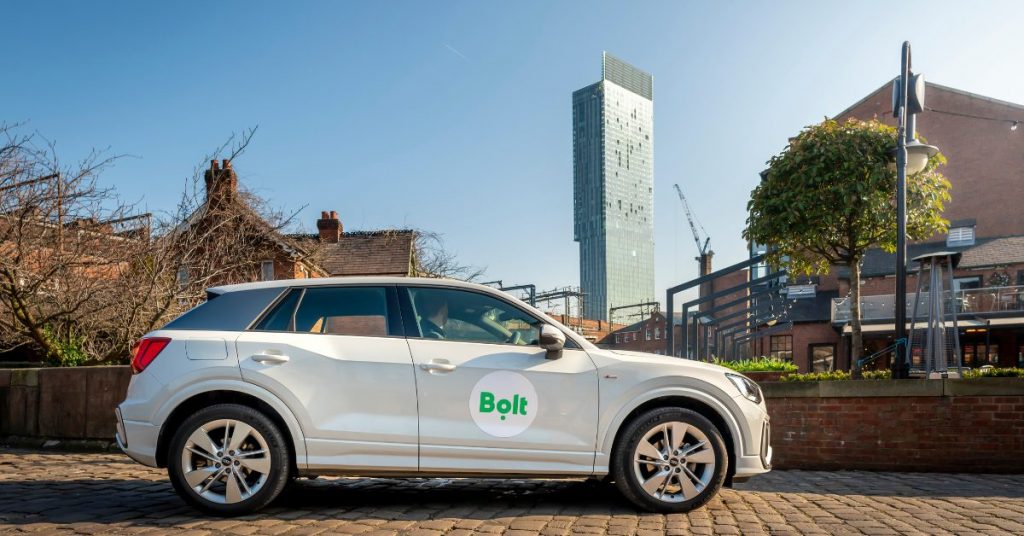Bolt Tax Victory and Implications for Uber
In a recent legal triumph, Estonian startup Bolt secured a significant victory against the UK’s tax authority, HM Revenue and Customs (HMRC). This development may have implications favoring its competitor, Uber (UBER.N).
At the core of the dispute was the question of whether Bolt should pay a 20% tax charge on its total customer income or solely on its margin. Bolt argued for the application of the Tour Operators Margin Scheme (TOMS), a tax scheme originally designed for travel-related businesses.
Under TOMS, Bolt asserted that it should only be liable for value-added tax (VAT) on its margin. However, HMRC rejected this claim. In a decisive ruling last Friday, a London tax tribunal affirmed that Bolt’s services align with those “commonly provided by tour operators or travel agents.” Consequently, Bolt is now obligated to pay VAT solely on its margin.
Industry Ramifications and Financial Impacts

Bolt has opted not to comment on the tribunal’s decision, while an HMRC spokesperson expressed disappointment, maintaining that TOMS does not apply to mini-cab businesses.
Although the ruling did not specify the exact impact on Bolt’s tax liability, it is anticipated to be substantial. Furthermore, this outcome sets the stage for Uber potentially prevailing in its parallel dispute with HMRC, valued at around £386 million ($490 million), according to Uber’s financial results from August. The hearing for Uber’s case is scheduled for 2024, and Uber has refrained from commenting on Bolt’s recent legal success.
Read More (Innovation – Tech Foom)








